‘I see God at work’ : Retirement, hospice chaplains nurture faith amid aging, end-of-life issues
Pastoral care is an integral part of Buckner senior living communities. Chaplains are an anchor in a world where many feel they are “depreciating” in value. We sat down with the retirement and hospice chaplains in all of our retirement communities to find out what the spiritual needs are in their communities, how they see God work and why they love what they do.
[hcolumns]
[columnhelper span3]
Randy Puckett is the hospice coordinator at Parkway Place in Houston. He also serves as senior pastor of Eagle Heights Church in Sugarland, Texas. He has worked for Buckner for the past two years.
[columnhelper span3]
Eddie Tubbs has served as the chaplain at Calder Woods in Beaumont, Texas, for the past six years. He’s previous served as pastor of several large churches in North Texas and as a hospital chaplain.
[columnhelper span3]
Arnie Peterson is the chaplain at Parkway Place in Houston. He has served with Buckner for the past 15 years. Before Buckner, he was an associate pastor in South Carolina.
[columnhelper span3]
Glenn Shoemake has served in various Buckner retirement locations since 2000. He is currently the hospice and bereavement coordinator in Austin, Texas.
[/hcolumns]
[hcolumns]
[columnhelper span3]
Kenneth Harpster is the chaplain at Buckner Austin Villas. Since leaving the pastorate, he has served as chaplain for 12 years.
[columnhelper span3]
Kevin McSpadden is the chaplain at Baptist Retirement Community in San Angelo, Texas.
[columnhelper span3]
Dino Maisino has served as the chaplain and executive director of The Woodlands in Burnet, Texas, for five years.
[columnhelper span3]
Rick Webb serves as chaplain at Buckner Westminster Place in Longview, Texas.
[/hcolumns]
Why chaplaincy?
Glenn Shoemake: I was a pastor for 22 years in West Texas. I came to work for Buckner in 2000 after doing a clinical pastoral education in Dallas. Pastoral care was always my strong suit as a pastor; it’s really the calling that I felt. When I left the pastorate and came to work for Buckner, the one-on-one pastoral care, trying to encourage folks in their lives, was a real good fit for me.
Kenneth Harpster: I was in a church for a long time but I left. A lot people said, “You ought to try chaplaincy,” so I did. God called me to be a minister of some sort so that’s really where a keeping in the call stayed. So I get to work with people and get paid for it and you can’t have any more fun than that.
Randy Puckett: It’s really been an opportunity for me to be there for people who aren’t able to have that closeness with a pastor, whether it’s the fact that they can’t get out or the fact that they’ve kind of lost touch with their spirituality. It’s been an open door for me to kind of come back in and say, “Hey, what can we do get you reconnected to the Lord?”
Eddie Tubbs: I was trained in health care chaplaincy. I like it because it opens up a different avenue because you’re dealing with people sometimes in a hospital on the medical side during a very vulnerable stage in their life because as the health needs evolve – or devolve – the great difficulty they’re confronted with is that life is finite. So one of the greatest gifts we have as healthcare chaplains is that we get to help them deal with that and deal with it in their faith, which carries them beyond the fears of being finite.
How is chaplaincy different from the pastorate?
Puckett: In my pastoral role, I have to deal with a lot of leadership and administrative-type things. In this role, it’s almost strictly pastoral, where I work with the needs of people. I try to come in and meet them where they are, make sure things are good between themselves and the Lord, they’re at peace with their family and that their family is doing OK as they lose this loved one, whether slowly or in a rapid way, that they’re as prepared as possible. And then that we care for them afterwards.
Tubbs: When you’re a pastor of a church, you deal with a very broad population. You’re dealing with people at all different stages whereas here, it’s a more focused sense of ministry. You’re dealing with seniors, elders. Many of the same needs, it’s just a different perspective, age-wise. Also, as a pastor, you’re more focused on evangelism. Here, you’re more focused on pastoral care. As the pastor of a church, you may be more focused on your denominational issues; here, we cross the faith lines. We have a significant Jewish population; we have a large Roman Catholic population.
Rick Webb: In retirement chaplaincy, number one, you get to help people live life as full as possible. This culture doesn’t understand old age and the thing that most elders are afraid of are being warehoused or losing their purpose or meaning. Using God’s word in its wonderful, intended sense -- boy, we get to help them live every day as full as possible, no matter what happens to them physically, in terms of aging.
What are the spiritual needs in these communities?
Dino Maisano: I would have to say, "body life," as in the body of Christ. On our independent living campus at The Woodlands, I see senior adults often become less and less active, and decreasingly involved in others' lives, and thus less connected. I think our adversary, Satan, uses loneliness as a way to discourage and cast doubt – that others, including God, aren’t there for us, and that they don’t care, which is, of course, a lie.
Puckett: I think each one is going to be a little different but I think all of them have a need to work through exactly what they feel about their end of life time, just how they’re going to face the end of their life. There are a lot of people on hospice who are very ready. They say “I’m ready to die. I don’t fear dying at all.” There will be other people who will say, “I’m not ready.” And that’s probably the more difficult. Priority one is to make sure that as this person faces their death, they feel like they’ve done all they need to do, that they say all they need to say and that they’ve been able to leave something to the people that they’re with.
Tubbs: Since you’re approaching the reality of being finite, one of the greatest ones is the issue of the fear of the unknown. You also have to deal with the reality of long-term illness; debilitating diseases. So you try to help them walk through the fact that they’re facing death. The second thing is … People move in here and they feel like they’re losing value. They’re not faster than a speeding train or bullet, can’t leap over the tall buildings like Superman anymore. Consequently, they begin to feel their value has diminished. So what you try to get across is, “That is not the case.” They were created in the image of God; henceforth, they still have value. Because the image of God is not measured by how we look, it’s by God’s presence within our hearts.
Arnie Peterson: The needs vary extremely but most who decide to come here already know about Buckner. So they usually have a good relationship with the Lord before they come to live here. They’re just not as dedicated to their churches as they were years ago. So it’s church connection. I try to keep them connected to their churches as much as possible.
Shoemake: We have patients who are very definitely Christian; we have patients who are definitely non-Christian, or atheistic or agnostic even. The challenge is to minister to and support all of them. The role in hospice is not to convert but to affirm them in the choices they’ve already made and help them as positive a death as possible. So the spiritual counsel, or spiritual support, is really about affirming them as an individual, as a person, someone who God loves and someone who God created.
What’s the most difficult part of your job?
Puckett: The biggest challenge, I think, is trying to reach to patients who have dementia. And it’s real hard to walk in and talk about just things that are in this moment alone and feel like you’re actually connecting with them. But I will say, the other day, I saw a woman and we visited and just sang old hymns together. Fortunately, they don’t judge my voice. But we just sat and sang songs, and literally, this woman who can’t always remember the name of her children, was remembering two and three verses of these old hymns.
So it’s hard, but there are some incredible bright spots and incredibly uplifting things.
Tubbs: Watching my residents die. In one sense, every day, I watch them draw that much closer. And you get close to a lot of these people. I do a lot of the funerals and it’s tough to say goodbye. That weighs not only on the chaplain but it really weighs on the staff. See, you have three congregations here: family members, your residents and your staff. It really weighs on our staff because you build up a rapport with some of these people. So I would say dealing with the death of a resident, and watching residents decline in health … That’s tough. How do you deal with it every day? You cry. And you better know who Jesus is. If you don’t have that relationship with God, with Jesus Christ personally, you will burn out.
Peterson: Getting to see everyone that you really want to. It’s easy to get caught up with one person or two people or three, and then just not getting around to everyone. You’d like to spend more time with everyone, it’d be very helpful. But it’s just impossible.
Shoemake: I think the hardest spiritually is seeing a family or individual who is closed to hearing or accepting God’s love and God’s care for them, and still struggling with it. That’s the hardest part.
Harpster: Being available when they want you because they want you right now. Sometimes I get busy and have to run right by them but I always tell them that I’ll be back. And I will come back. That’s pretty challenging because I don’t like to say I can’t be there.
Kevin McSpadden: The hardest part of my job is that there’s no way one guy can cover 600 people on the campus. That’s the most difficult part—that I can’t get around to everybody.
Maisano: We have amazing people who live on our campuses, and especially at The Woodlands (I may be a bit partial). Saying “goodbye” to those you have served, befriended and gotten to know over the course of years is a hard thing. The flip side, however, is the blessing of the lasting memories you keep of the many lives that cross paths with your own – this is truly a blessing.
How do you see God work?
Shoemake: I see God’s hand at work through individuals, whether it’s a nurse or social worker or an aide who is in that home or nursing care … providing that loving touch, that listening ear, that companionship. I see Him in our volunteers, sitting and holding a hand and reaffirming the significance of people.
I remember a gentleman in Beaumont – his kids were having grandkids. He would walk around the building and brag like crazy about this new great grandbaby. And I see that and I say, ‘Wow. That’s God.’ God says he loves his creation – he loves you, he loves me, he loves all these people that everybody looks down their nose at – God loves them. And God loves them intensely. Even like that grandfather loved that first grandbaby.
Harpster: I’ve heard about God working in their lives, through the very fact – especially in independent living – that they’re here. They tell me often, “This is where God told us or led us to be. We know God was in this when we moved.” Then I see God work through healing in the lives of people who have lost loved ones.
Webb: What I tell these folks all the time is that as long as God has you here, there is meaning and purpose in your life. It might not be something He’s wanting to teach you per se, but it’s definitely something He’s wanting to teach others through you.
Maisano: He is really good at putting you in the right place at the right time, and with the right people, if you will not overly control your daily schedule. So for me, it's getting me to slow down long enough to take time to be with people, listen and care – when this happens it's a "God thing" and not me doing the "work."
What is the most rewarding part of your job?
Puckett: I like a lot of it so it’s hard to say. Just dealing with the people, knowing that I reached them when maybe it was hard to be reached. And, as weird as it sounds, I appreciate the opportunity to perform funerals. I think there is so much of a life that has profound impact and meaning, and I think that the closure that we get to be able to remember the impact of a person’s life and to be able to eulogize it and to hopefully bring the spiritual elements to, this is part of our life but there is more. As strange as it sounds, I do enjoy and appreciate the opportunity to be able to stand for somebody, to speak about them, what their life did and the impact on other people.
Peterson: Being with people, especially near death, in the last months. Giving them encouragement about heaven and about how the Lord watches over us. Reaffirming their faith, being there for them and their families, especially during that time. That’s what is most rewarding to me, to see the looks on their faces.
Shoemake: Visiting with our patients and their families. Getting to know them, and affirming their lives and affirming their relationships. Reminding them of God’s love and presence with them in the midst of whatever turmoil, whatever troubles. A lot of my role as a hospice chaplain is affirming who they are and what they’ve done, reminding them again and again of God’s love, God’s presence and God’s care for them for their families. With hospice, part of the requirement is that the family is part of the unit of care, not just the patient. So we spend a lot of time with the families as well, helping them to prepare for the death of the loved one.
Harpster: I get to do what not many people get to do – what they want to do and they love to do what they do. I love it. I don’t like to stay away from here for very long. I have fun; I get to have fun. And I help people along the way because they come back and tell me I’ve done something for them, when what I do is just what I do. It’s hard to own what you do sometimes if you just kind of do it.
McSpadden: The favorite part of the job is that I feel geared to pastoral care, and I’m still able to do that. Of course, preachers like to preach. I like to get to know the people. That’s why it’s so difficult when I haven’t met some of them; I like to get to know folks and learn from them. There’s a lot of great examples of faithfulness and ministry on our campus.


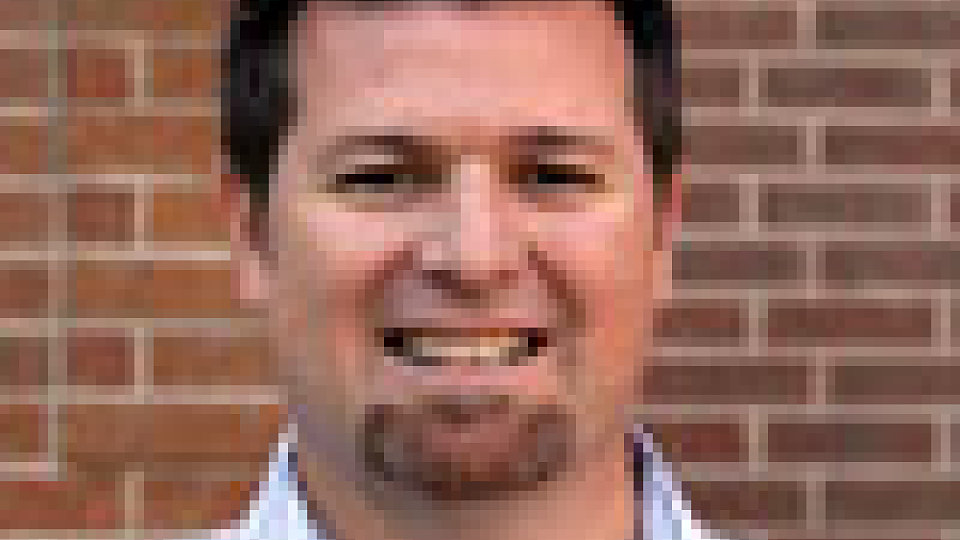
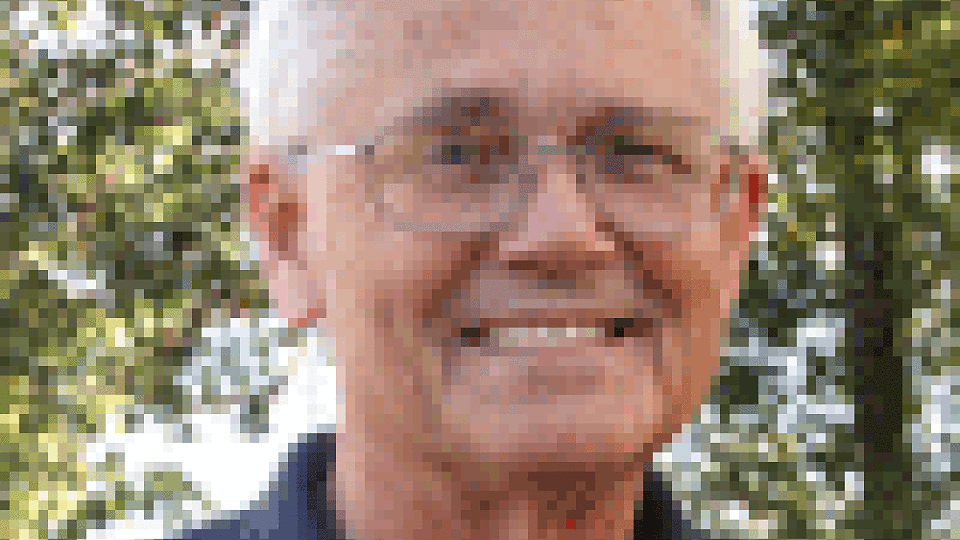
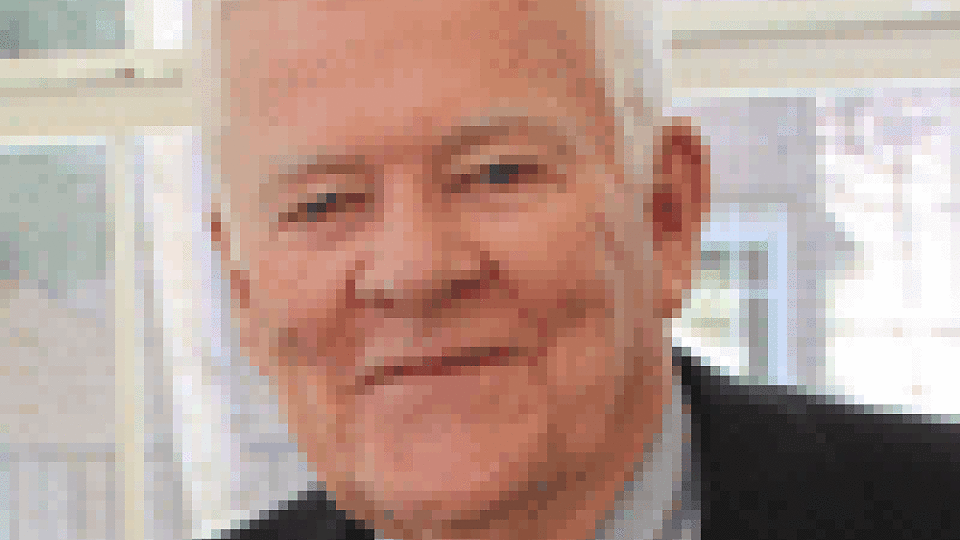
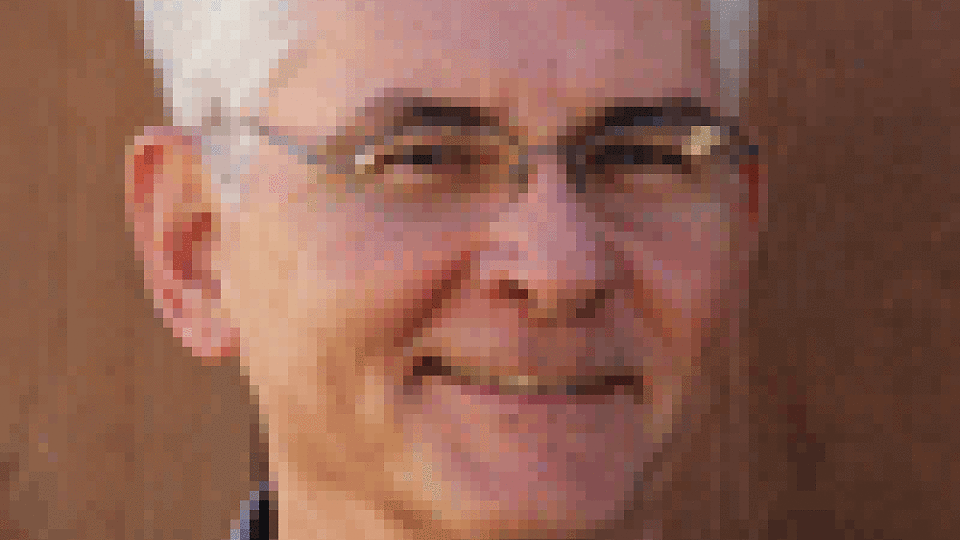
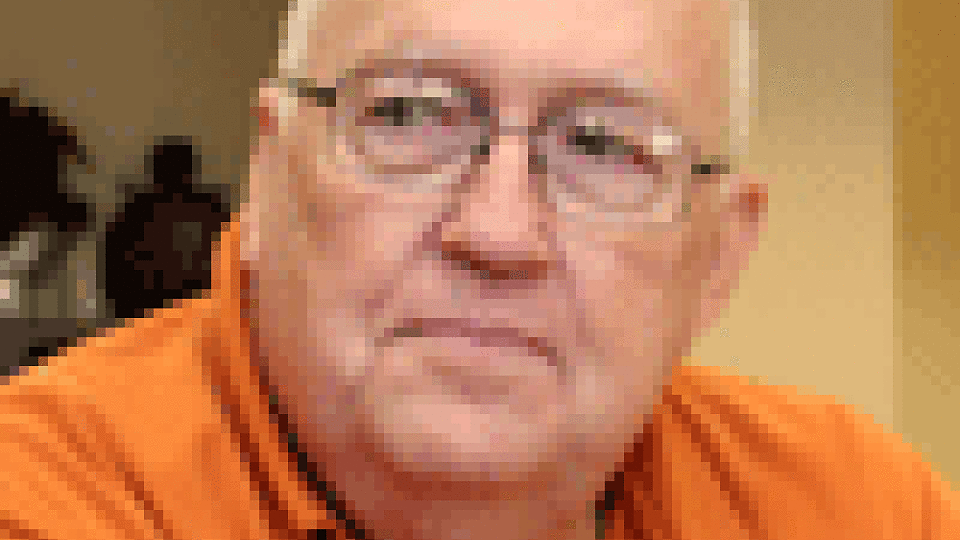
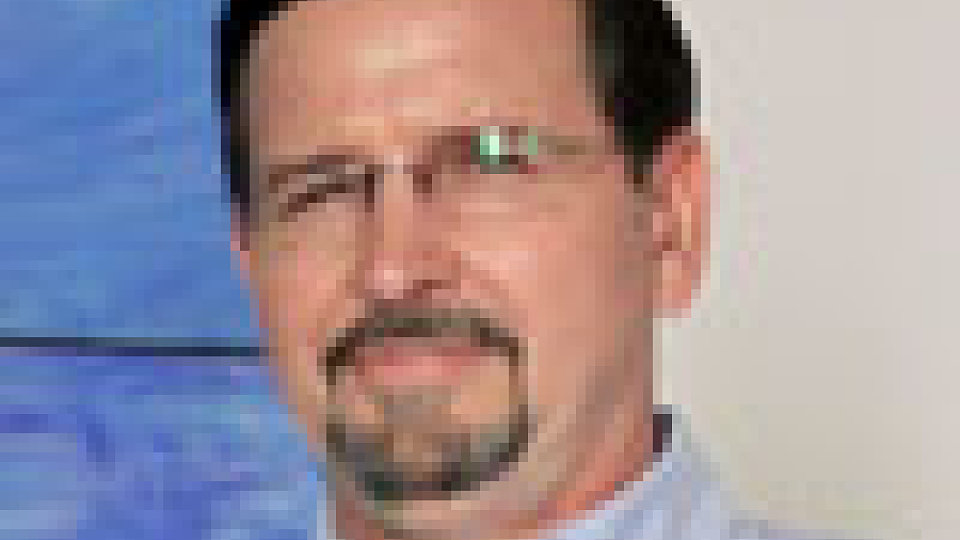
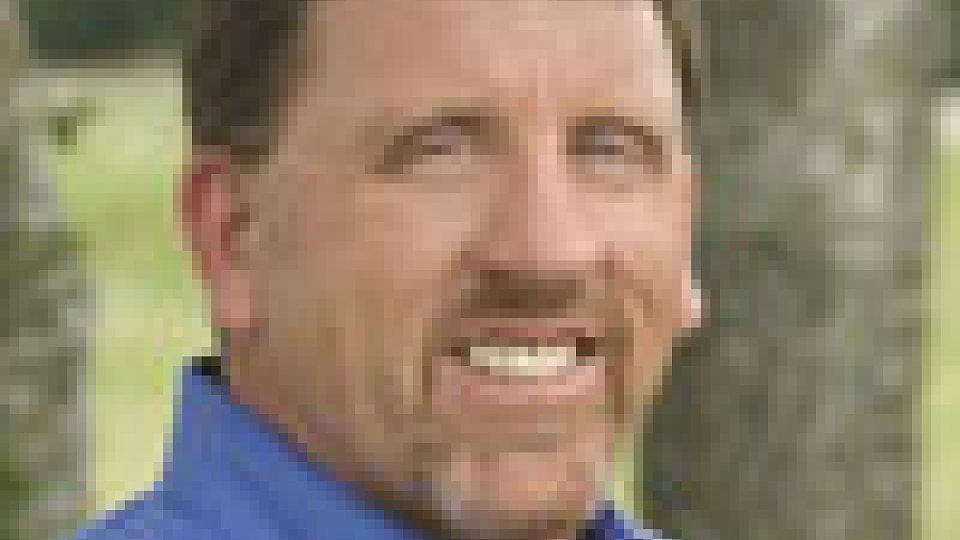
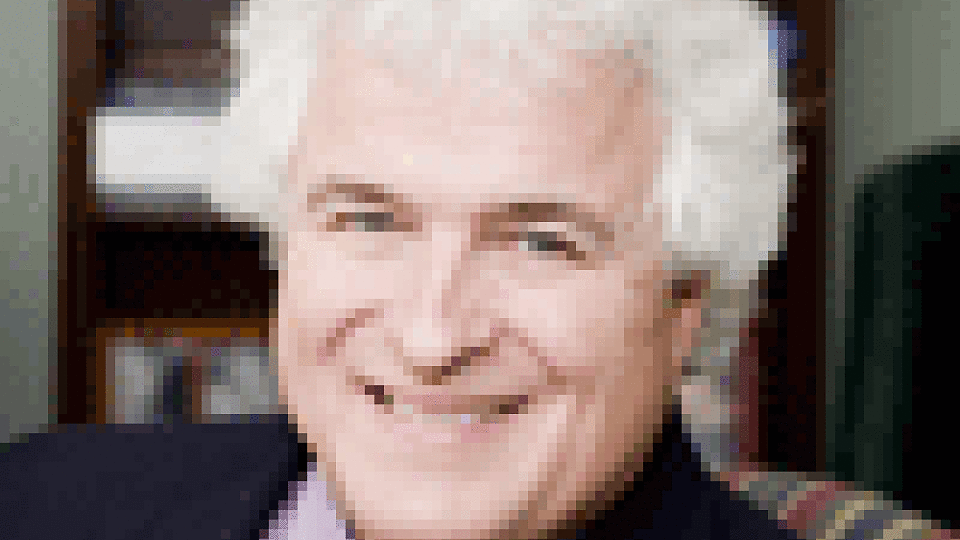








Comments